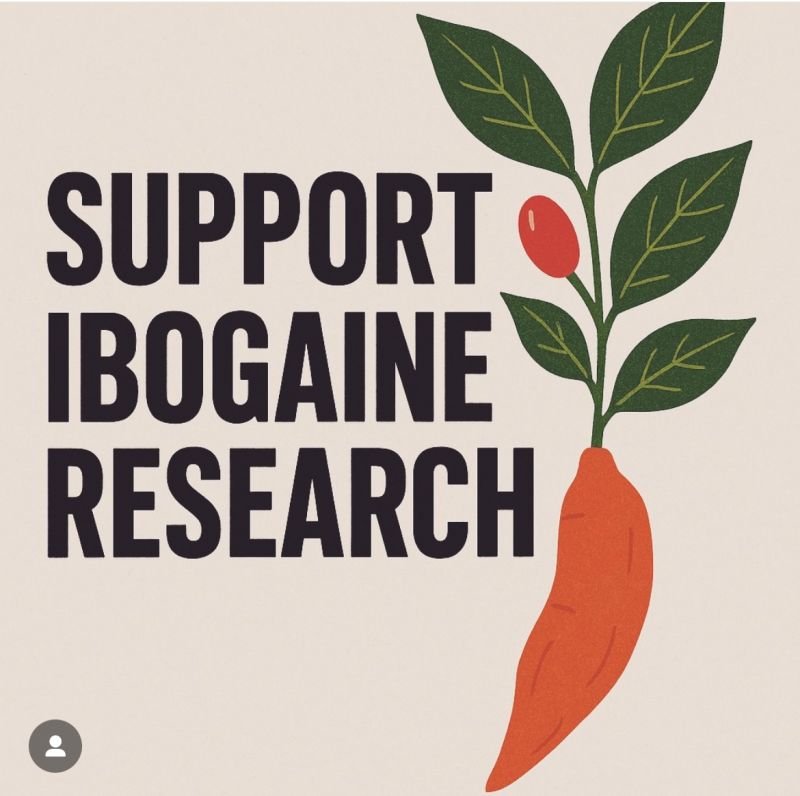Menu
Alzheimer’s Disease Treatment – Exploring Modern and Natural Approaches
Introduction
Alzheimer’s disease treatment is one of the most researched topics in modern healthcare. Families and caregivers around the world continue to search for effective solutions to slow down memory decline and improve quality of life for loved ones. Although there is no known cure, treatments focus on symptom management, lifestyle changes, and new research into alternative therapies. In this post, we explore both conventional methods and natural options that may support patients—while later connecting this discussion with the potential of iboga and ibogaine.
Understanding Alzheimer’s Disease
Alzheimer’s is a progressive neurodegenerative disorder. It primarily affects memory, thinking skills, and behavior. The condition develops gradually and worsens over time, eventually interfering with daily tasks.
Common Symptoms:
- Memory loss affecting daily life
- Difficulty solving problems or planning
- Confusion about time or place
- Trouble understanding visual images
- Withdrawal from social activities
- Changes in mood or personality
Early recognition and timely intervention can help slow the progression of the disease and provide better quality of life.
Conventional Alzheimer’s Disease Treatments
While no cure exists, several medical treatments can help manage symptoms:
1. Medications
Doctors often prescribe drugs that work on neurotransmitters in the brain, such as:
- Cholinesterase inhibitors (Donepezil, Rivastigmine, Galantamine) to improve communication between nerve cells.
- Memantine to regulate glutamate, a chemical involved in learning and memory.
These medications can reduce symptoms for a limited period, though they cannot stop the disease entirely.
2. Lifestyle Adjustments
Healthy living plays a significant role in slowing the effects of Alzheimer’s. Recommended changes include:
- Regular physical activity
- A diet rich in fruits, vegetables, and omega-3 fatty acids
- Cognitive stimulation through puzzles, reading, or games
- Social engagement to keep the brain active
3. Supportive Therapies
Occupational therapy, counseling, and memory care programs help patients maintain independence and reduce stress on caregivers.

The Role of Research in Alzheimer’s Treatment
Ongoing studies are exploring new approaches, including:
- Immunotherapy to target amyloid plaques in the brain
- Gene therapy to address genetic risk factors
- Stem cell therapy for neural regeneration
These experimental methods bring hope but require further trials before becoming mainstream.
Natural and Complementary Therapies
Beyond conventional medicine, natural therapies can support well-being. While they do not replace medical treatment, they may improve quality of life:
- Herbal remedies like ginkgo biloba and turmeric for brain health
- Nutritional supplements including vitamin E and omega-3s
- Mind-body practices such as yoga, meditation, and tai chi
- Music therapy to stimulate memory and reduce agitation
These approaches highlight the importance of holistic care in Alzheimer’s management.
Challenges Faced by Families and Caregivers
Caring for someone with Alzheimer’s can be emotionally and physically demanding. Challenges include:
- Coping with personality changes
- Managing daily care routines
- Financial stress from medical costs
- The emotional toll of watching a loved one decline
Support groups, community resources, and counseling provide much-needed relief for caregivers.
Emerging Interest in Psychedelic and Plant-Based Therapies
In recent years, researchers and patients have shown growing interest in plant-based and psychedelic compounds. Substances once known for traditional use are now being studied for their neurological benefits.
Among these, iboga and ibogaine are gaining attention.
Iboga and Ibogaine in Relation to Alzheimer’s
Iboga is a West African shrub, and its active alkaloid, ibogaine, has been traditionally used in healing and spiritual practices. In modern research, ibogaine is mostly recognized for its ability to help with addiction recovery. However, its influence on neuroplasticity, dopamine regulation, and deep emotional processing suggests potential relevance for neurodegenerative conditions like Alzheimer’s.
While conclusive clinical evidence is still limited, many holistic wellness practitioners believe ibogaine could support:
- Emotional stability for patients struggling with anxiety and depression
- Improved sleep quality
- Cognitive stimulation through altered states of awareness
- A sense of peace for individuals coping with memory decline
This emerging connection between Alzheimer’s disease treatment and ibogaine therapy demonstrates the importance of exploring every possible avenue of healing.
Why Holistic Exploration Matters
Alzheimer’s affects not only the patient but the entire family. Combining conventional treatments with safe and well-monitored complementary approaches offers hope for a better future. With ongoing research into natural therapies like ibogaine, families may find innovative ways to bring relief, resilience, and renewed strength to loved ones.
Call to Action – Start Your Healing Journey with Ibogastoreonline
At Ibogastoreonline, we believe in the power of natural healing combined with professional guidance. While Alzheimer’s remains one of the greatest challenges in healthcare, the exploration of therapies like iboga and ibogaine opens doors to new possibilities.
🌿 We provide:
- Premium iboga rootbark, ibogaine HCL, and capsules
- Information and guidance on safe, holistic healing approaches
- Support for families seeking alternative wellness solutions
📞 Get in touch today
WhatsApp: +237653823790 | +237672584494
Your journey towards holistic wellness starts now. Connect with us and discover how natural solutions can bring comfort, clarity, and hope.
ibogastoreonline.com
Facebook
Pinterest
Twitter
LinkedIn


